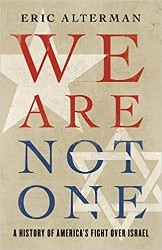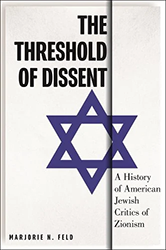Intriguingly titled, Reading Herzl in Beirut is a scholarly study of an enemy’s efforts to know its enemy. Specifically, Jonathan Marc Gribetz, associate professor of Near Eastern Studies at Princeton, documents and analyzes research undertaken by members of the Palestine Liberation Organization prior to 1982 to understand its enemy — Israel.
More than an intellectual exercise, the research, and the publications that resulted, were part of the PLO’s intent to fight, delegitimize, and ultimately destroy Israel. While the publications were not propagandistic in nature, through them “the pen joined the sword,” as the author puts it, linking scholarship and politics in the war the Palestinians were waging against Israel. The center’s research, analysis, and interpretations also contributed to Palestinian self-definition.
All this work took place over a relatively short period of time. The PLO Research Center opened in Beirut in 1965, shortly after the founding of the PLO itself, and in 1966 alone published nineteen books. The center functioned for the next eighteen years, but was most productive in its first decade, prior to Lebanon’s civil war.
Gribetz concludes his study by asking the question that underlies his own research: does knowing the enemy make a difference? Or to put it another way, does it have a moderating influence? While Gribetz finds some positive indications, these are questions that defy one-word answers. What is evident to him, however, is that at the PLO Research Center, “politics guided knowledge production.” At the same time, the center “served as a space for internal Palestinian political debate, and for hashing out new directions in Palestinian nationalist politics.”
How Gribetz came to research the PLO Research Center is a story in itself. By chance he came across a translation into Arabic of Arthur Hertzberg’s book The Zionist Idea, a seminal work published in 1959 describing early Zionist thinkers of the nineteenth and early twentieth centuries. The Arabic translation was published by the PLO Research Center. It was the first Gribetz heard of the center, and it sparked his curiosity. This book is the result of that serendipitous encounter.
Reading Herzl in Beirut offers insights into how the center’s researchers interpreted Judaism, Zionism and Israel. It presents historical context and, through interviews with some of the researchers, describes the center’s main players. Rich with detail, it is a complicated story that will be of special value to scholars of the region and of the Israeli – Palestinian conflict, and for those wishing to study the history and work of the PLO Research Center.





